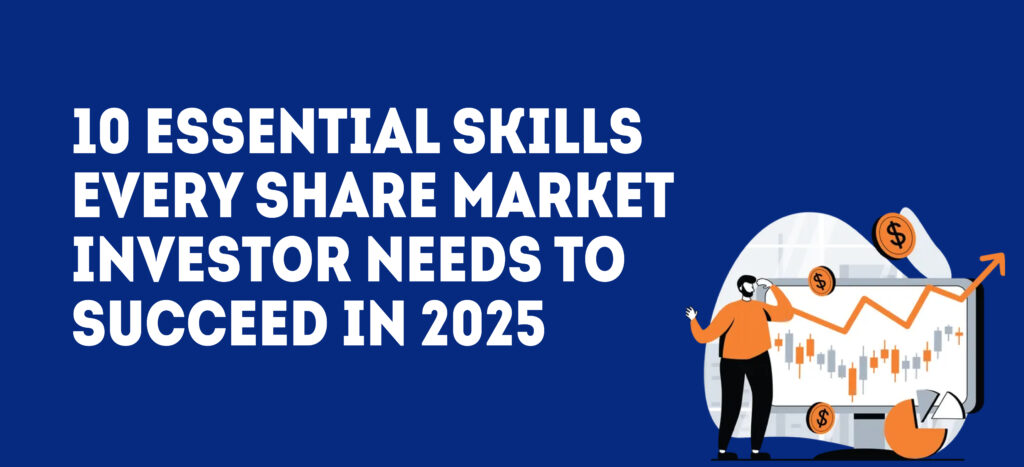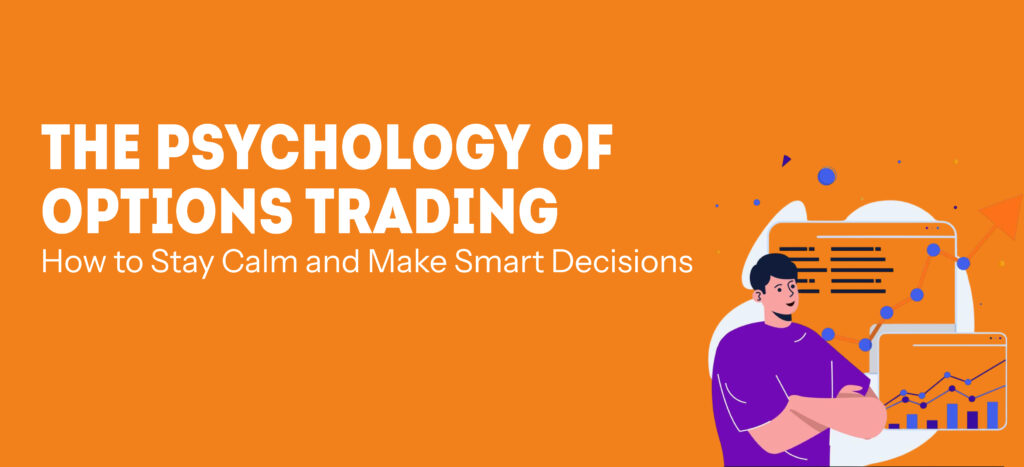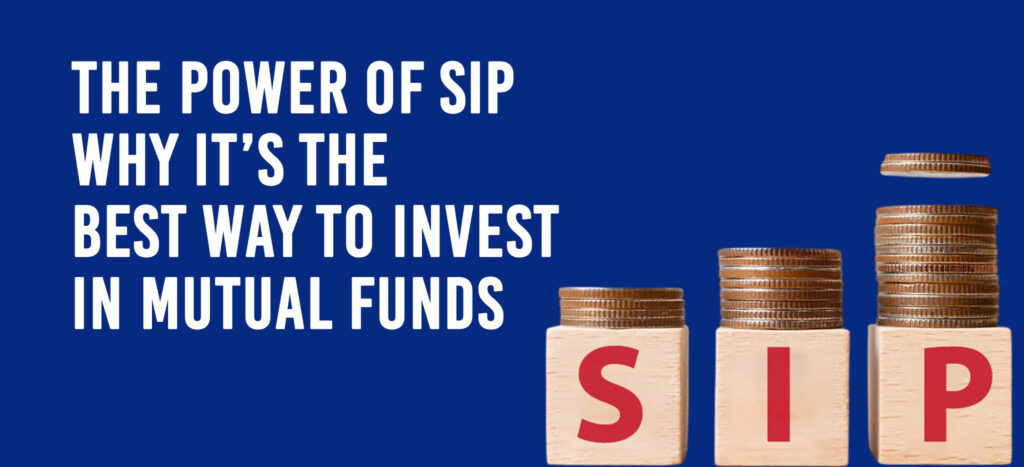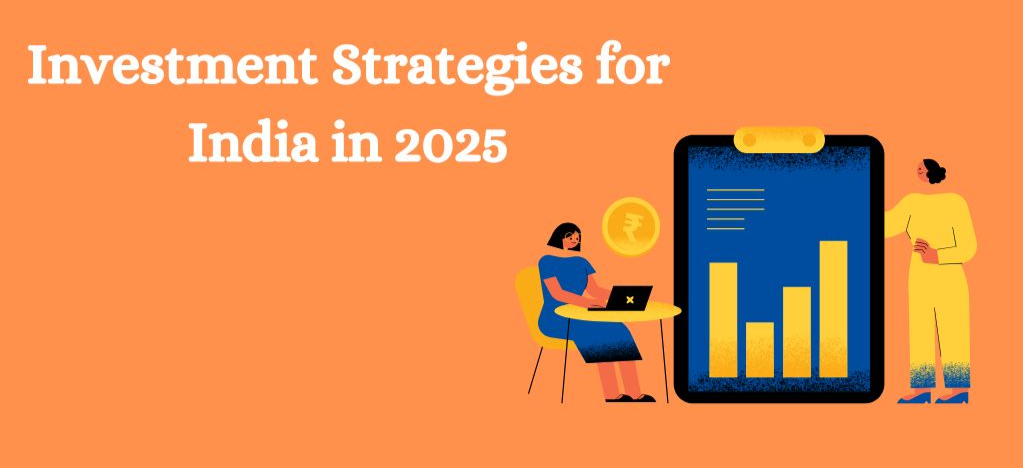Some traders just analyze the market, despite starting their journey by managing their finances and making a budget. We believe that strict money management is very important for consistent trading at Wealth Note. This blog aims to explain that by handling budgeting and cash flow, along with key finance skills, you can choose the right position sizes, take safer risks, and end up making more money. No matter if you are attending a Trading Class in Pune or studying a Trading Course online, these principles will help make your trading experience easier.
Why Money Management Matters in Trading
Good money management is very important in trading. A few of them are:
The Budgeting–Risk Management Connection
Effective budgeting causes you to understand the amount of capital you can tolerate losing. In the same way you set spending rules, it is important to plan how much to buy and what price to sell before placing a trade. If you keep your budget plans in sync with trading risk rules, you don’t make emotional choices that might affect your major savings.
Cash Flow & Opportunity
When you have a good budget in place, you will have capital when you find good investment opportunities. When you are trying to save money after going over budget, you could skip important setups. Regular savings and a disciplined way to use your trading fund help you take advantage quickly when a great opening appears.
Core Personal Finance Skills Every Trader Needs
All traders, experienced or just starting, should have these essential skills.
Expense Tracking & Forecasting – You can use easy spreadsheets or apps to keep a record of your rent, food, utilities, and leisure spending to see how much money you have. At the close of this month, they will be gone. Knowing how much you spend helps you decide on a believable budget for your trading.
Emergency Fund & Capital Preservation – You should have savings in an emergency fund that will last you 3–6 months if you are out of work. It keeps your money safe from being spent hurriedly, so you won’t have to sell your investments when prices drop.
Debt Management & Leverage Control – Debt management and keeping leverage down are key for managing your wealth. Work towards eliminating debt on your credit cards and try not to borrow for your trades. When you use margin, put in place tight leverage rules so you are not surprised by margin calls.
Goal-Based Saving & Investing – You can save and invest toward three distinct targets: travel, buying a home or adding capital for trading. Saving and spending 10%-20% of what you earn is a good start. Handling your trading capital as though you’ve invested it for a long time helps you follow your plan more carefully.
Investing plays a critical role in stock or trading, and it is very important for your investment goals. But we don’t know why it is crucial? So to overcome this read our blog on “Why Knowing Investment Goals Matters in Stock Market Success” to know more about it.
Step-by-Step Framework: From Budget to Trade Plan
Budgeting Apps – You can try using such apps as Mint and You Need A Budget, also known as YNAB.
Spreadsheet Templates – Customized trackers are created by using spreadsheet templates for trading.
Broker Dashboards – Analyses of the profit-and-loss (P&L) position and modules for dealing with risks are part of the dashboards.
Bringing these educational assets together with what I teach at the Trading Institute in Pune will ensure your finances are always clear.
Common Pitfalls & How Budgeting Helps Avoid Them
Struggling to make ends meet or constantly overspending? Budgeting can be your smartest defense against these common financial pitfalls. Below are some of the points as follows:
Over-leveraging on Impulse Trades
It’s simple to overspend your budget when you do not know your allowance. By setting limits for where the fund’s money can go, you avoid using too much leverage when facing losses.
Emotional Decision-Making
When personal expenses spiral out of control, stress can creep into trading. Tracing your spending habits helps you feel secure financially, which lets you trade in a steady mindset.
Mixing Personal and Trading Capital
When your expenses get out of hand, it can affect how you trade. Staying on top of your spending usually means you can trade more thoughtfully.
Neglecting Risk-Reward Analysis
Traders who cannot stick to a budget often do not consider risk-reward carefully. If capital is allocated the same way each time, every trading decision fits into your overall plan.
Failure to Adapt
The world and your circumstances are always moving forward. Reviewing your budget each trading day helps you identify and adjust the way you spread your risks and funds.
Emphasizing prevention helps you create a stronger defense system than you can gain just by depending on luck.
Conclusion
A good trader always begins with proper money management. When you handle your budget, cash flow, and personal finances well, you can perform reliably and keep pressure low. Our goal at Wealth Note is to give you the strategies and structure you need to become an expert trader in Pune.
Want to improve your trading?
Participate in the upcoming Trading Course in Pune or look into our complete list of Trading Classes in Pune. If you want to boost your trading income through smart planning, call us now at +91 7068001919 or sign in for our institute.






